On January 24, 1993, the first Black Supreme Court Justice passed away. Thurgood Marshall was a very big part of the civil rights movement, and was far from a puppet in the government.
Born in 1908, Thurgood’s ancestors came from the Democratic Republic of Congo and were eventually brought over to America as slaves. This heavy background gave the future lawyer plenty of ammunition when it came to deciding what causes he wanted to dedicated his life to. He showed promise even in the second grade, where he learned to think for himself while others were not even processing daily thoughts.
Showing great promise, he graduated as one of the best students in his high school and enrolled in Lincoln University. For various reasons, Thurgood originally had plans to become a dentist. As a takeaway from some of the students he crossed paths with during this time, Thurgood had contact with Cab Calloway and Langston Hughes. While at college, he met and fell in love with fellow student Vivian Burey, who would go on to become his wife before the couple had even graduated. Ultimately, Marshall ended up graduating with a Bachelor’s degree in literature and philosophy, which was a big change from the original plan of enrolling in dental school.
He had many choices for law school, but current segregation laws made it difficult to lock his favorites down. This is how he ended up at Howard University, where he easily graduated first in his class as one of the more recognizable students. Of his early victories after passing the bar, Thurgood was the star of Murray v. Pearson, Smith v. Allwright, and Shelley v. Kraemer. His track record was so good that the NAACP brought him on as a legal chair. Eventually, Marshall rose through the ranks to become the Chief of the NAACP Legal Defense and Educational Fund.
However, his career became a mark in history where he rubbed elbows with the likes of President John F. Kennedy as the 2nd Circuit Court of Appeals, J. Edgar Hoover on behalf of the NAACP and FBI, and eventually the U.S. Supreme Court by President Lyndon. B. Johnson. Not only did he open the doors for other African Americans like Clarence Thomas, but he was greatly honored for the impact and accomplishments he made throughout his influential career, even after his passing.
President Bill Clinton summed it up best when after Thurgood’s passing, he honored the prominent justice with the Presidential Medal of Freedom.
Sources:
http://www.britannica.com/biography/Thurgood-Marshall
http://www.legacy.com/news/celebrity-deaths/article/thurgood-marshall-20-facts

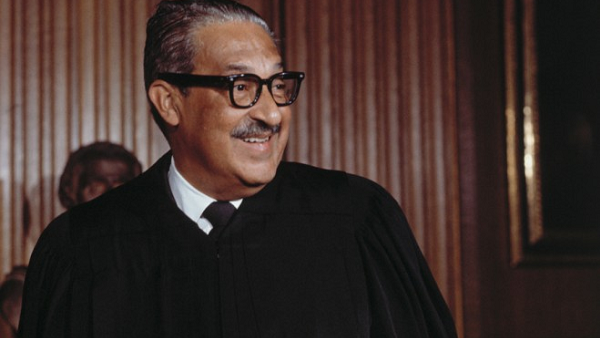



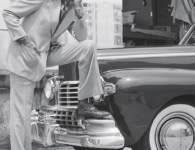
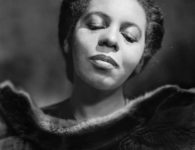



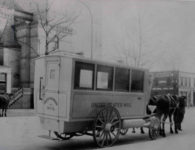
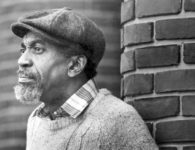
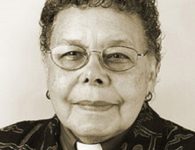
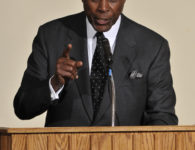
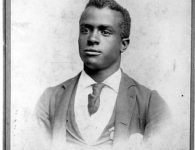
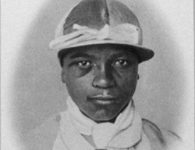
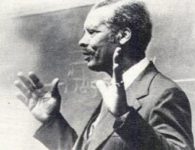
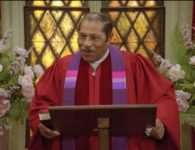
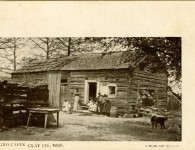
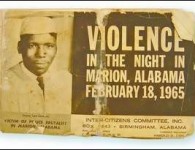

No comments